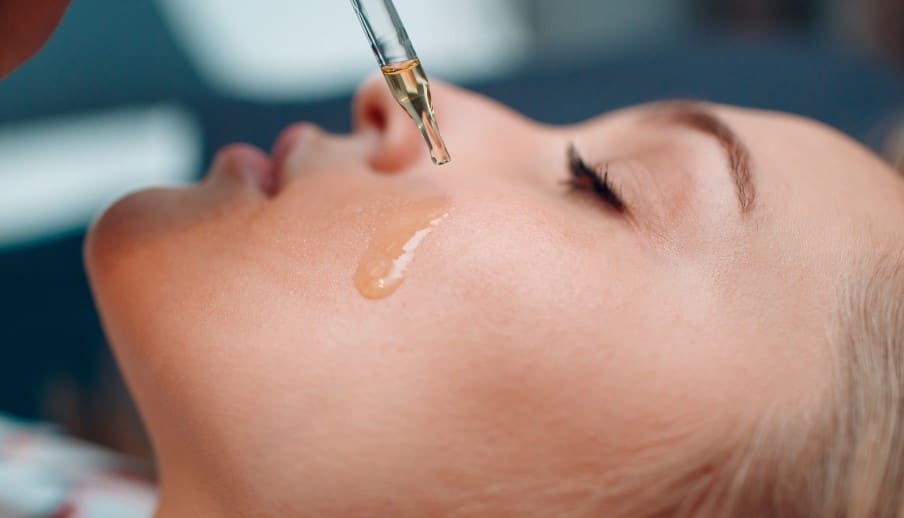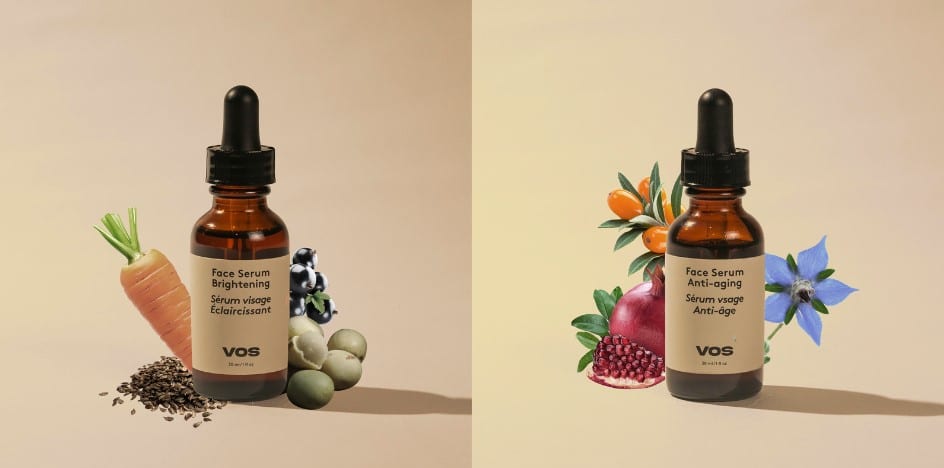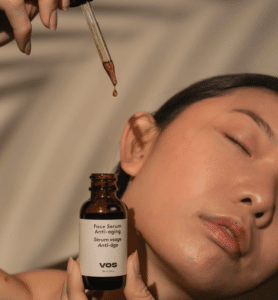If you haven’t heard yet, oil-based skin care is becoming increasingly popular. We now know that certain oils don’t, in fact, clog pores or cause breakouts. The right oils for your skin can actually improve elasticity, boost moisture, and even promote glowing, healthy-looking skin—all without causing blackheads or skin irritations.
There’s a simple way to ensure that you’re choosing safe and beneficial oils for your skin: make sure that it’s a non-comedogenic oil.
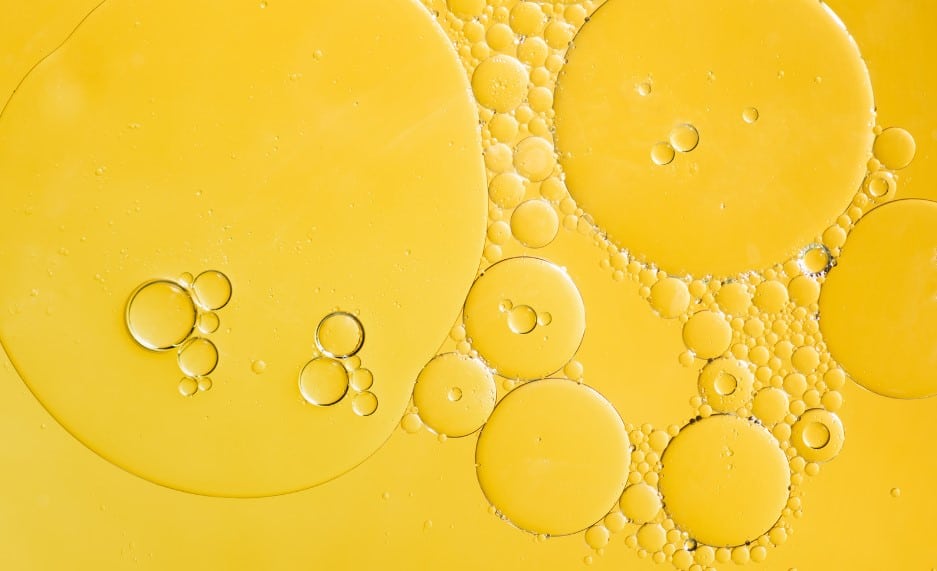
What is a non-comedogenic oil?
Comedogenic substances have a tendency to clog pores, which can result in blackheads, breakouts, or skin irritations. It’s important to note that oils are not just comedogenic or non-comedogenic. Instead, they are rated on a comedogenic scale of 0 to 5. The higher an oil scores on the scale, the more likely they are to clog your pores. Typically, an oil that is rated two or lower would be considered a non-comedogenic oil.
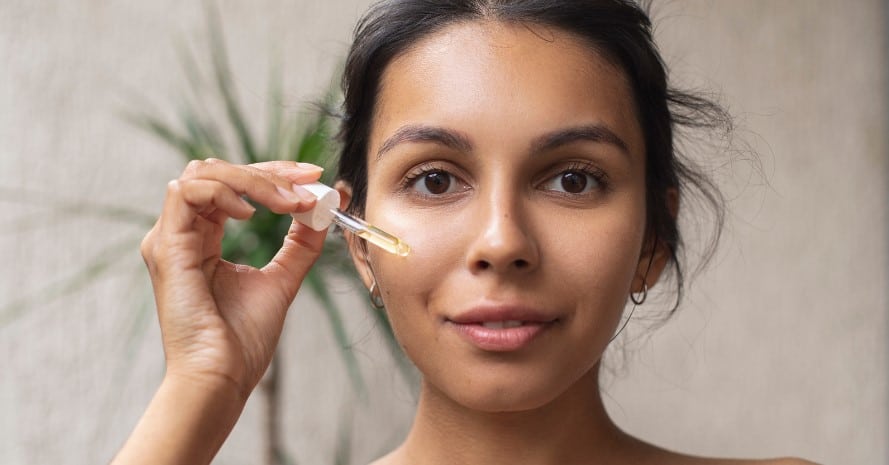
Non-comedogenic oil in skin care
For the longest time, we were told that any type of oil on the face can lead to clogged pores and breakouts. While this misperception still persists today, many brands have begun to dispel the myth and promote oil-based skin care products that do wonders for the complexion.
It’s not just face oils, though. A wide range of skin care essentials, from cleansers to serums to body wash, can all be formulated with nourishing, non-comedogenic oils that promote smooth, supple, healthier-looking skin.
It’s also important to be mindful of the skin on your face and neck, which are thinner and thus need to be treated with extra care. Products, like body lotions, may work wonders to leave your body soft and moisturized, but the same formulation may increase the risk of clogging pores on your face. That’s why some oils that are higher on the comedogenic scale may be perfectly acceptable in body care products, but should be avoided in products for the face.

Benefits of non-comedogenic oils
Oil is lipophilic, meaning that they help to lock in moisture. Using oil-based products on our skin helps create a barrier and seal in moisture, as well as other products that you have layered underneath. This is especially important as we age, because our skin gradually loses elasticity and moisture, which in turn causes us to look older. In addition, because oils form a protective barrier over our skin, it helps prevent chemicals, toxins, and other skin-damaging substances from penetrating the inner layers of our skin.
When you use the right oils (i.e., non-comedogenic oils that nourish your skin), it can also help clarify your pores and even regulate oil production. That’s because dehydrated skin tends to overproduce oil to compensate for the dryness, which then makes you more susceptible to oily or acne-prone skin. By keeping skin moisturized, you can actually help your skin balance oil production and reduce the chance of breakouts.
Most non-comedogenic oils are lightweight and fast-absorbing, so they won’t leave a heavy or greasy feeling. As long as you are using oils that are pure and products from trusted brands, oil-based skin care can be absolutely wonderful for your face.
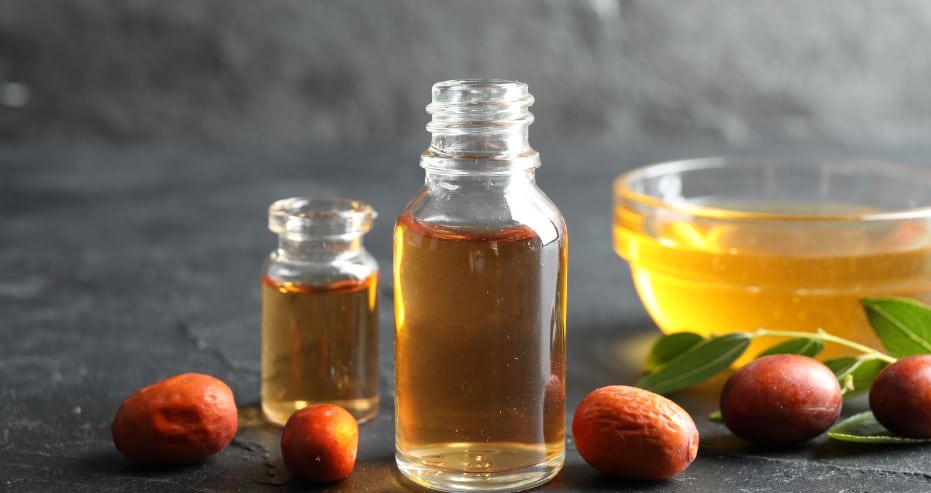
The best non-comedogenic oils for your skin
If you’re exploring the many different options of non-comedogenic oils that can benefit your skin, these popular choices are a great way to start:
- Grapeseed oil
- Hemp seed oil
- Jojoba oil
- Rosehip oil
- Argan oil
- Evening primrose oil
- Sunflower oil
- Castor oil
- Safflower oil
- Sea buckthorn oil
- Sunflower seed oil
- Sweet almond oil
- Tamanu oil
- Squalane
- Neem oil
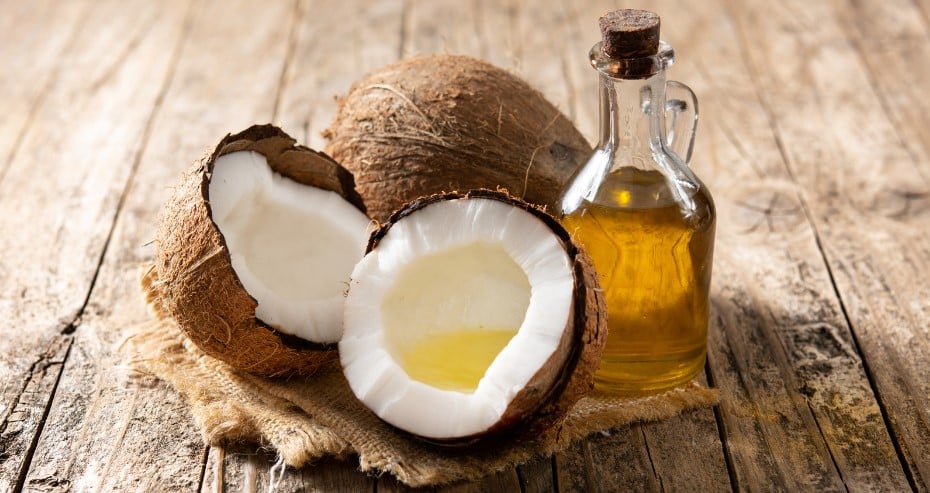
The best non-comedogenic oils for your skin
While some of these oils are common in body care products, they do score higher on the comedogenic scale and should be avoided in any products you use on your face:
- Coconut oil
- Olive oil
- Avocado oil
- Shea butter
- Soybean oil
- Cocoa butter
- Wheat germ oil
Using non-comedogenic oils in your skin care routine
If you’re ready to start incorporating nourishing oils into your skin care routine, an oil-based face serum is an excellent place to start. Serums are lightweight (yes, even oil-based ones!) but highly concentrated with active ingredients like vitamins and antioxidants that nourish skin and help improve complexion.
Most serums are formulated to target specific skin concerns, so make sure that you choose one that fits your needs. The most common types of face serums are:
- Hydrating serums
- Brightening serums
- Anti-aging serums
- Acne-fighting serums
After cleansing your face and applying toner, use your oil-based serum of choice to deeply nourish and protect your skin while locking in moisture. A good serum will leave your skin soft, smooth, and radiant.
